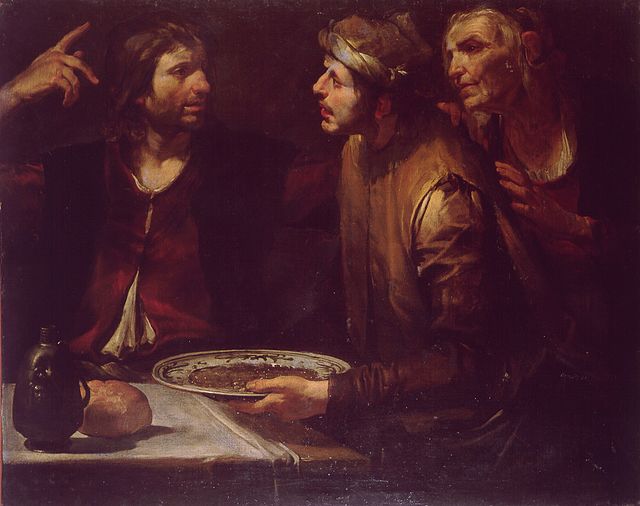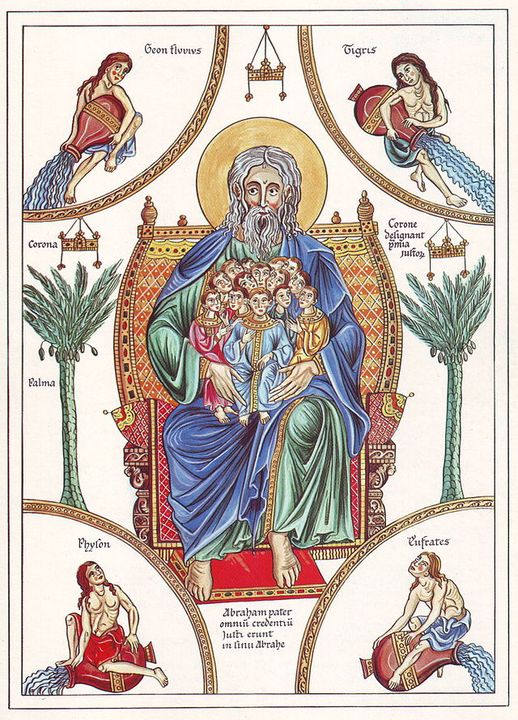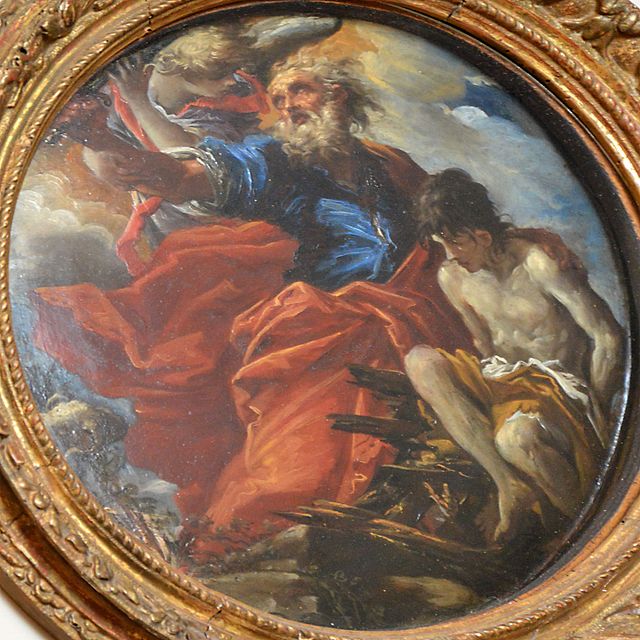Introduction
The narratives of Genesis 6, and the Book of Enoch, and the Book of Jubilees, offer a detailed account of the rebellion of the “sons of God,” or elohim, often referred to as the Watchers. These stories impart deep insights about the defiance of the divine order and its impacts on humanity.
The Rebellion of the Elohim and their Distinction from Christ:
In these ancient texts, the term “sons of God” is used to describe powerful beings within the heavenly host, but it’s crucial to note that they do not possess the same status or nature as Jesus Christ in Christian theology, who is uniquely understood as the Son of God. The “sons of God” in these narratives are created beings, powerful but not divine in the way that Christ is understood to be divine.
In Genesis 6, the “sons of God” are depicted as being attracted to the daughters of men, taking them as wives, and fathering the Nephilim, often translated as “tyrants”. This union led to the widespread corruption of humanity.
The Book of Enoch elaborates on this narrative, describing a group of 200 angels, the Watchers, who violated divine boundaries by marrying human women and teaching humanity forbidden knowledge. The consequences of this transgression were significant, leading to an increase in wickedness and violence, and ultimately the decision by God to cleanse the world with a flood.
Similarly, the Book of Jubilees condemns the actions of the Watchers and links various forms of societal corruption to their influence, including the teaching of sorcery and divination, which greatly amplified sin among humans.
Implications for Modern Society and the Value of Life:
The ancient tales of the rebellious elohim offer potent themes about respecting the divine order and the potential consequences of overstepping moral and ethical boundaries. In a contemporary context marked by rapid technological advancements and an insatiable thirst for knowledge and power, these stories serve as a stark warning about the potential for self-destruction that comes from disrespecting the inherent dignity and value of all life.
Whether through acts of violence, environmental degradation, or the dehumanizing effects of extreme poverty, the disregard for the sanctity and value of life echoes the spiritual and moral corruption that the ancient texts attributed to the influence of the rebellious elohim. These narratives, though ancient, offer a timeless message about the importance of maintaining a respect for life and the potential consequences of failing to do so.
Reflections on Divine Order and Respect for Life:
These narratives underscore a critical element of divine order – the respect and sanctity for life itself. When the elohim defied this divine order, the consequences were dire. They disrupted the balance between the heavenly and earthly realms and led humanity into paths of corruption and wickedness.
In modern society, we are confronted with similar challenges that test our respect for life and divine order. From environmental crises to social injustices, humanity grapples with issues that reflect our collective actions and decisions. The sacred value of life, evident in these narratives, is a principle that calls for reflection and action in our modern context.
The Role of Knowledge and Its Misuse:
An interesting aspect of these narratives is the misuse of knowledge. The Watchers, in their rebellion, taught humanity forbidden knowledge. While knowledge in itself is not evil, its misuse led to dire consequences, contributing to the widespread corruption of humanity.
This theme resonates in today’s context, where humanity’s quest for knowledge and advancement often leads to ethical dilemmas. From debates around AI and genetic engineering to issues of privacy and data security, the misuse of knowledge remains a significant concern. Like the ancient narratives, these modern dilemmas remind us of the need for wisdom and ethical considerations in our pursuit of knowledge.
Conclusion:
The stories of the rebellious elohim from Genesis 6, the Book of Enoch, and the Book of Jubilees, though ancient, carry timeless lessons. They serve as a reminder of the sanctity of life, the importance of respecting divine order, and the potential pitfalls in the misuse of knowledge. As we navigate the challenges of our modern world, these narratives can provide valuable insights to guide our path and decisions, encouraging us to uphold the value of life and the ethical use of our knowledge.
Discussion Questions:
- How do the themes of divine order, misuse of knowledge, and respect for life in the narratives of Genesis 6, the Book of Enoch, and the Book of Jubilees resonate with contemporary societal issues?
- Given the stark consequences of the rebellious elohim’s actions in these ancient texts, how can we apply these lessons to avoid similar pitfalls in our pursuit of technological and scientific advancement?
- In light of these narratives, how should society respond to ethical dilemmas that arise from the potential misuse of knowledge and the disregard for the sanctity of life in various aspects of our modern world?
Want to Know More?
- “Genesis: A Commentary” by Bruce K. Waltke and Cathi J. Fredricks: This commentary examines the ancient text of Genesis in depth, providing historical context and interpretive insights that can aid understanding of the narrative involving the ‘sons of God’ and its implications.
- “The Book of Enoch” translated by R.H. Charles: The Book of Enoch is one of the pseudepigraphical texts that delve deeper into the story of the ‘sons of God’ or the Watchers. Its exploration of their actions and the subsequent ramifications provides crucial insights.
- “The Book of Jubilees” translated by R.H. Charles: The Book of Jubilees offers another detailed account of the Watchers’ transgressions and the moral corruption that ensued. It further emphasizes the importance of divine order and ethical conduct.




